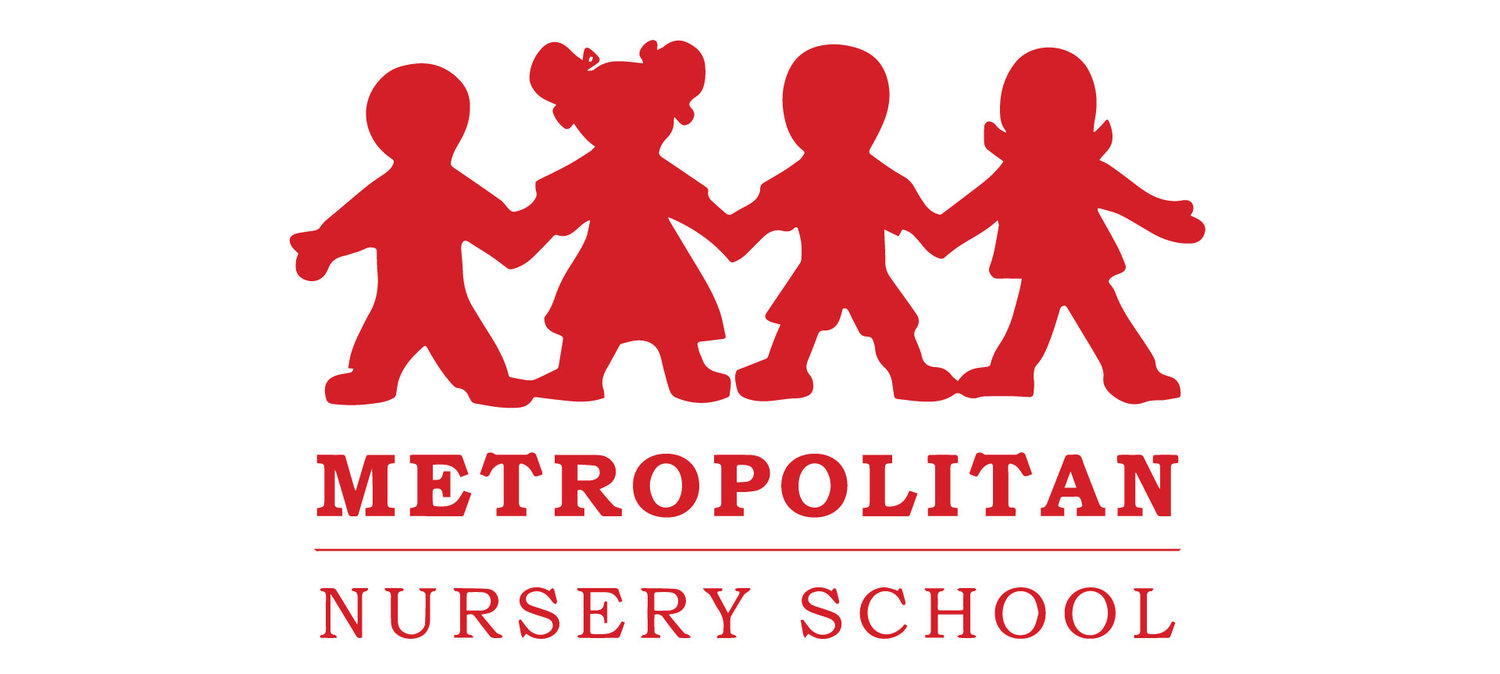Development and growth in children is a remarkable thing. Unlike adults, where we usually have to want to change in order to “grow”, our children are changing and growing all the time. Childhood is a period of constant growth, change and adaptation. Teachers and parents are often surprised by the growth that can occur seemingly overnight. Unfortunately, the certainty of growth doesn’t always mean it is easy. In fact some things are actually quite a lot of work: think back to how hard it was for them to master walking. And, while it may seem that our facilitation isn’t needed, loving adults helping guide, teach and support a child as they conquer these automatic, but not always simple acts of growth helps create resilient, confident children that are willing to try new things.
Along the developmental road to adulthood there are critical moments when a simple change in the way we parent can ease the burden of learning on our children, or even give them a leg up. While there are lots of examples of this, for today I am going to focus on speech and language development. Speech is an area where we may not even realize that our feeding choices have an impact on how smoothly our child will develop the muscles needed for good oral motor development. For example, when a child is still suckling on a bottle or a pacifier, they are using their tongue and muscles in a different way than they will need to use it when they start eating solid foods and drinking from cups and straws. Interestingly, making the transition to a cup or straw and cup not only helps develop oral motor skills needed for adult eating habits, but it also helps strengthen the muscles and mouth movements needed to make ALL the sounds we use in language. That is why there is a distinct “baby talk” you hear in young children that are still using bottles vs. older children that have firmly moved on to cups and solid food. Here is an article that highlights this transitioning to Straw Cups for good oral motor/speech development.
This is an example of a simple change we do in our parenting that gives our children a leg up in their oral motor development. Changing your child’s cup or allowing them to self-feed, or giving them the extra time it takes for them to dress themselves may be mildly inconvenient at times (feeding themselves can be disastrously messy, sippy cups don’t spill, and you can certainly dress your child faster), however, these are small changes you can make that pay large dividends in helping your child grow. The trick is finding the optimal time to make these transitions. You can always check online to find information about developmental milestones and what typical development might look like (e.g., this site for oral motor development). Keep in mind, however, that each child’s growth is unique and your pediatrician and teachers can often help guide you to what might be right for your child specifically.
